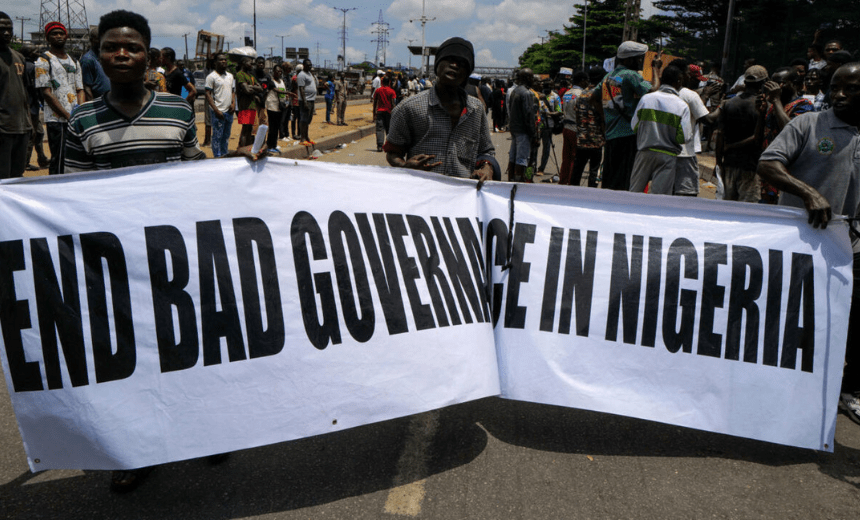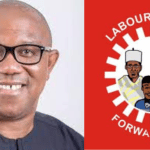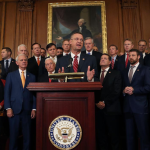The instant storm may be over as the #EndBadGovernance protests across Nigeria, which began on August 1, have lost steam. The organisers say they have taken a break to mourn those who lost their lives in the heat of the protests.
For some sections of the country, however, the dark clouds are still hanging over them. They have a date with 20th August when they must evacuate from their places of residence and business or face dire consequences. They have been ordered by political and ethnic interest groups to go back to their region of origin.
Of what use is history if it does not pull societies back from repeating actions that have had dire consequences in the past? In 1994, agitations of failure of the Rwandan government to equitably provide for its population began to circulate. The agitations soon graduated to blaming elements in the government and their ethnic group.
A song emerged labelling the entire ethnic group as vultures devouring the flesh of other groups in Rwanda. The agitations over poor policies were turned to a reason to divide Rwanda, set one group against another, and set the stage for a massacre that shocks the world even today. In a hundred days, over 800,000 people were killed.
A visit to the Rwandan genocide memorial site in Kigali draws tears to the eyes. But it all began with ethnic profiling.
Nigeria’s August protests are against government policies, which the current administration admits are harsh but necessary. They affect every ordinary citizen in all ethnic groups
A group, as in the Rwandan case, has been targeted as the plotters and usurpers of the economic opportunities arising from the policies. They have to pay for it.
There are tweets, songs, and even high government officials towing the line. The Police has looked the other way, the Department of State Services, DSS has kept mom, and only the feeble protests by their leaders are expressing concern.
During a forum on Africa’s traditional institutions and national development organised by Global Advocacy For African Affairs in Rwanda, some Nigerians expressed concern that the country has not benefitted from its own history. No monuments to the 30-month civil war to remind the country of the dangers of ethnic profiling and none to the Boko Haram insurgency to remind the people of the dangers of religious intolerance.
As Nigeria’s August protests begin to recede into history, what lessons is the country learning?
The answer to this question may prevent history from repeating itself.
(Editor: Terverr Tyav)








